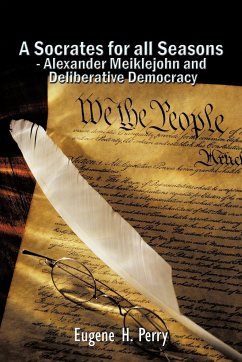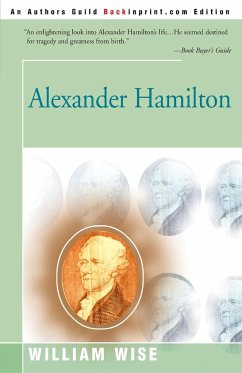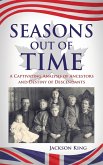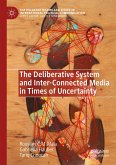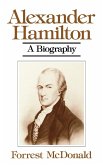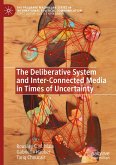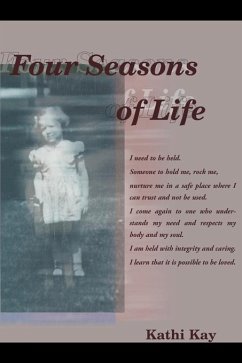This is the story of a reform minded man who translated his interest in liberal education and academic freedom into a unique interpretation of the First Amendment to the United States Constitution. Although he died in 1964 his interpretation is still being applied to free speech cases that come before the U.S. Supreme Court. In the early days of the 20th century he was Dean at Brown University, President of Amherst College and founder of the Experimental College at the University of Wisconsin. In the xenophobic aftermath of World War II he became a national leader in defense of political speech. This led him into a dialogue with justices of the Supreme Court, despite the fact he had no formal training in the law. His theory of the First Amendment holds that its provision for free speech exists as much for the public's need to hear and know as it does for the individual's right to speak.
Hinweis: Dieser Artikel kann nur an eine deutsche Lieferadresse ausgeliefert werden.
Hinweis: Dieser Artikel kann nur an eine deutsche Lieferadresse ausgeliefert werden.

